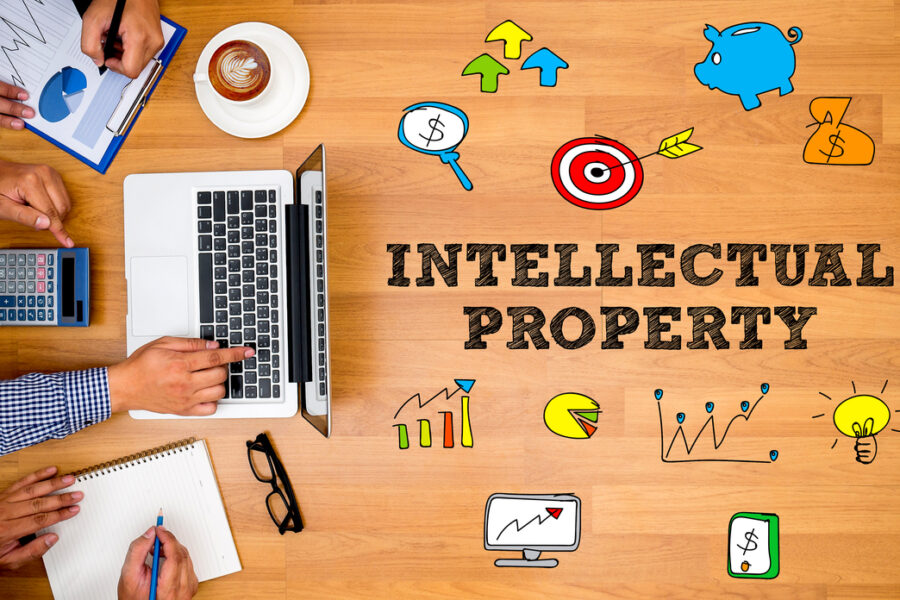The intersection of Generative AI (genAI) and copyright law has become a globally debated topic, raising complex legal questions across jurisdictions. While most defenses in U.S. litigations rely on the concept of transformative fair use, this defense is not statutorily available under Indian law. This difference in legal frameworks prompts an exploration of the potential risks that genAI developers may face under Indian copyright law.
To understand the legal implications, it’s crucial to first grasp how genAI tools are developed. These tools essentially mimic human learning processes by reading vast datasets of digital content, known as training sets. From these sets, they extract ‘knowledge’ or meta-information by breaking data into fundamental ‘tokens’, identifying statistical patterns to learn word relevance and context, and then applying this knowledge to predict answers based on learned patterns.
The copyright issues surrounding genAI can be categorized into four main areas: infringement due to copying or storing copyrighted works for training purposes; infringement due to output similarity or based on copyrighted input; infringement due to lack of attribution or tampering with rights management information; and questions about whether genAI models can be considered “authors” under copyright law.
One of the primary concerns is whether the storage of copyrighted material by genAI systems constitutes infringement. These systems typically store data in one of three ways: throughout the model’s lifecycle, until data is extracted and absorbed, or through federated or collaborative learning without centralized storage. The key question that arises is whether non-expressive or non-consumptive copying for the purpose of meta-information extraction can be considered an act of infringement under copyright law.
From the perspective of Indian copyright law, the Copyright Act grants exclusive reproduction rights to owners of various works, including the act of storing work in any medium by electronic means. However, Indian courts also recognize the idea-expression dichotomy, which stipulates that copyright protection extends only to the original expression of ideas, not the ideas themselves. This principle aims to balance copyright protection with the fundamental right to freedom of speech.
Several limiting doctrines further shape the scope of copyright protection in India. The merger doctrine limits protection in cases where ideas can only be expressed in a limited number of ways, while the de minimis rule excludes trivial use of copyrighted work from protection. These doctrines play a crucial role in determining the boundaries of copyright infringement.
As courts grapple with these issues, two key questions emerge: Does non-expressive copying or storing for meta-information extraction constitute infringement? And can the extraction of ideas be considered an existing market for copyright owners? The answers to these questions will significantly impact the legal landscape for genAI developers in India.
The interpretation of the phrase “Reproduction, including Storing of works” in the Indian Copyright Act is central to this debate. A purposive interpretation might exclude storage for non-expressive reproduction and meta-information extraction from the scope of infringement. On the other hand, a literal construction could extend the copyright owner’s primary market to include mere storage or copying, regardless of purpose.
An important consideration in this context is the transient storage exception provided in Sections 52(1)(b) and (c) of the Copyright Act. These sections offer exemptions for transient or incidental storage in certain cases. The Delhi High Court, in the case of MySpace Inc. v. Super Cassettes Industries Ltd, provided some clarity on these terms, defining “transient” as temporary and “incidental” as subordinate to something of greater importance.
Based on these interpretations, genAI developers could potentially argue that storage for training purposes is incidental and therefore permissible. Furthermore, if datasets are automatically removed after meta-information extraction, such storage might be considered transient and fall within the exemption.
As the field of genAI continues to evolve rapidly, the legality of its training methods under Indian copyright law remains uncertain. Future court decisions will need to address several critical issues, including the scope of reproduction rights in the context of non-expressive use, the applicability of transient storage exceptions to genAI training, and the delicate balance between copyright protection and technological innovation.
In conclusion, Indian courts will play a crucial role in shaping the legal landscape surrounding genAI technologies. Their decisions will not only impact the development and deployment of these technologies in India but could also influence global perspectives on the intersection of AI and copyright law. As this field continues to advance, it will be essential for both legal practitioners and AI developers to stay informed about these evolving legal interpretations and their potential implications.
~Laksh

